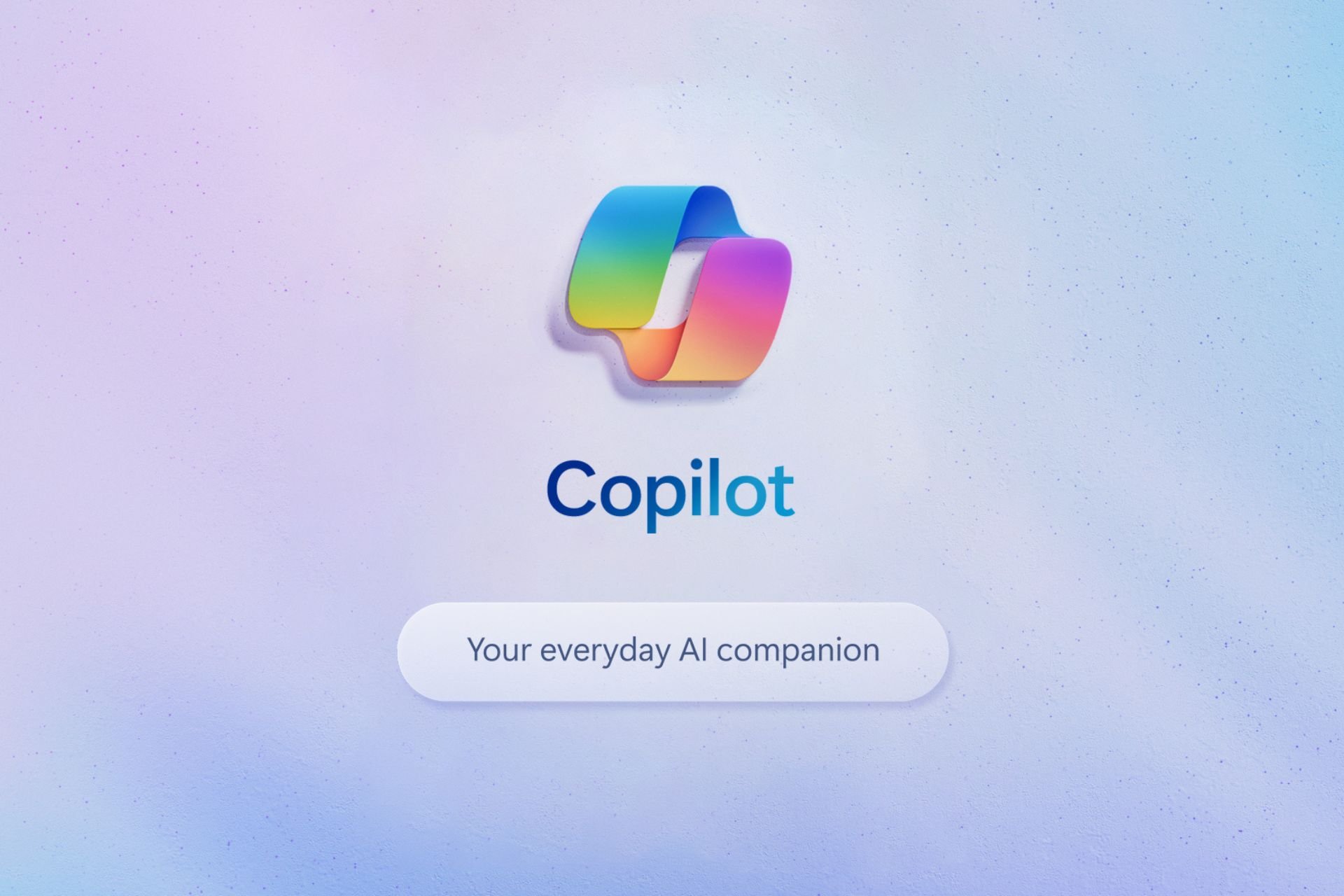Microsoft is developing an AI-based multi-device cross-experience system that connects to other devices on its own
However, the system would quickly deplete battery life of connected devices.
4 min. read
Published on
Read our disclosure page to find out how can you help Windows Report sustain the editorial team. Read more

We reported a while ago that Microsoft is thinking about developing a multi-device cross-experience system that would include Windows-based devices, smartphones, tablets, smart houses, smart cars, and so on.
Now, according to a patent filed by the Redmond-based tech giant and recently published to the world, it seems that the company is taking the concept very seriously, but with a twist: the multi-device cross-experience could be an AI-based system that enables ads from one device to another on its own, without the input of the user.
However, with another twist, the patent describes the notion of advertisement as being any signal transmission coming from an initial device to a plethora of connected devices.
So, in other words, while this technology can be used to seamlessly display ads from one device to another, it can also be repurposed for a variety of other actions such as:
- Initiating an installation setup from one device to another.
- Call to various actions, such as being alerted to close the door of the smart car through the phone, or laptop.
- Other complex multi-device use cases, such as using the phone to input one’s signature.
As used herein, “advertisement” describes signal transmission from a first device for receipt by at least one other devic in which the signal publishes a state so that other devices listening for that state may react.
In a concept different from the existing multi-device cross-experience systems, such as the Snapdragon Seamless, or Samsung Galaxy Connected experience, the MDE system envisioned by Microsoft is AI-based, so it will intelligently decide on its own when to act, and what to display.
How would it do it? Quite easy:
- Basically, the AI-based multi-device cross-experience system encompasses devices that can work together to show smart ads that are better for the users. The system allows a connected device to decide if a situation needs another device.
- The device then gets signals from the other devices that are related to the situation. The device can check the signals using some rules based on the situation.
- The device can find out if the other device is willing to join the situation. If the other device is willing, the device can send or receive an ad from the other device.
Microsoft would build the AI-based multi-device cross-experience system to support continuous connection through means such as Bluetooth, near field communication (NFC), Wi-Fi, Wi-Fi Direct, ultra-wideband, various networks (cellular, satellite, cable), and even cloud connections.
However, one big disadvantage is the enormous power usage, so devices carrying out this AI-based cross-experience system would quickly deplete their battery life.
Is Microsoft intending to release an AI multi-device cross-experience system soon?
Well, yes. The technology presented by Microsoft in the patent is a sign of the upcoming features coming to Microsoft products and services.
The Redmond-based tech giant recently released Copilot on Windows 11, and Windows 10, and has recently declared that 2024 will be the year of AI. The Copilot key is also slated for a spring release, meaning Microsoft is fully embracing AI as an essential feature of its upcoming products and services.
Even more, it has been reported the future version of Windows will be heavily AI-based, with Copilot becoming an essential tool to properly experience the new operating system. We’ll find out more about that later this year, when Microsoft is going to announce and, hopefully, release this AI-based Windows version.
The company is also making small steps towards multi-device experiences: for example, Windows Copilot will become the hub for all Microsoft 365 Copilots out there, meaning mobile Copilot users will be able to access those conversations on desktop-based Windows devices.
The idea of an AI-based multi-device cross-experience system on future Windows versions shouldn’t be a surprise. The MDE concept is a hot topic right now. So adding AI to the mix is obvious.
But are people ready for such as system?









User forum
0 messages